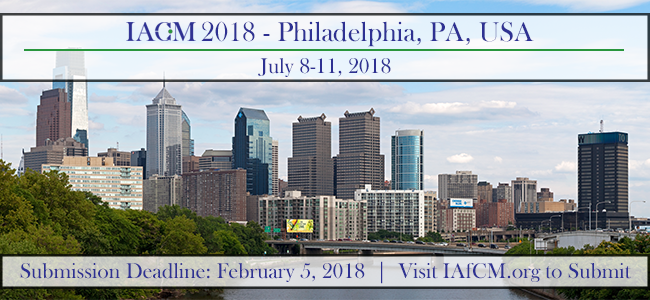Full Program »
Access is Not Enough: Institutional Cultural Mismatch Persists to Limit Performance Over Time
The institution of American higher education is one of the world's largest and most impactful systems of organizations, and yet maintains a narrow institutional culture: independent models of self are the cultural ideal. This institutional culture produces a mismatch for first-generation students (those whose parents do not have four-year degrees), who are guided by relatively interdependent models of self. By the time they make it to graduation, do first-generation students' interdependent selves and associated outcomes (reduced fit, worse grades) change or stay the same? We follow students across their four years in college. We find that cultural mismatch persists until graduation. First, social class differences in models of self remain stable throughout college: first-generation students still endorse more interdependence than do continuing-generation students. Second, endorsement of interdependence, which does not match the college culture of independence, predicts reduced sense of fit in college four years later. Third, social class differences in fit are associated with important outcomes during college: lower fit predicts lower grades and subjective status upon graduation. This work suggests opening access to college by itself does not do enough to reduce social class inequality. Rather, colleges and similar institutions may need to provide more inclusive institutional environments to ensure that students from diverse backgrounds enjoy similar experiences and reap similar rewards during college.
